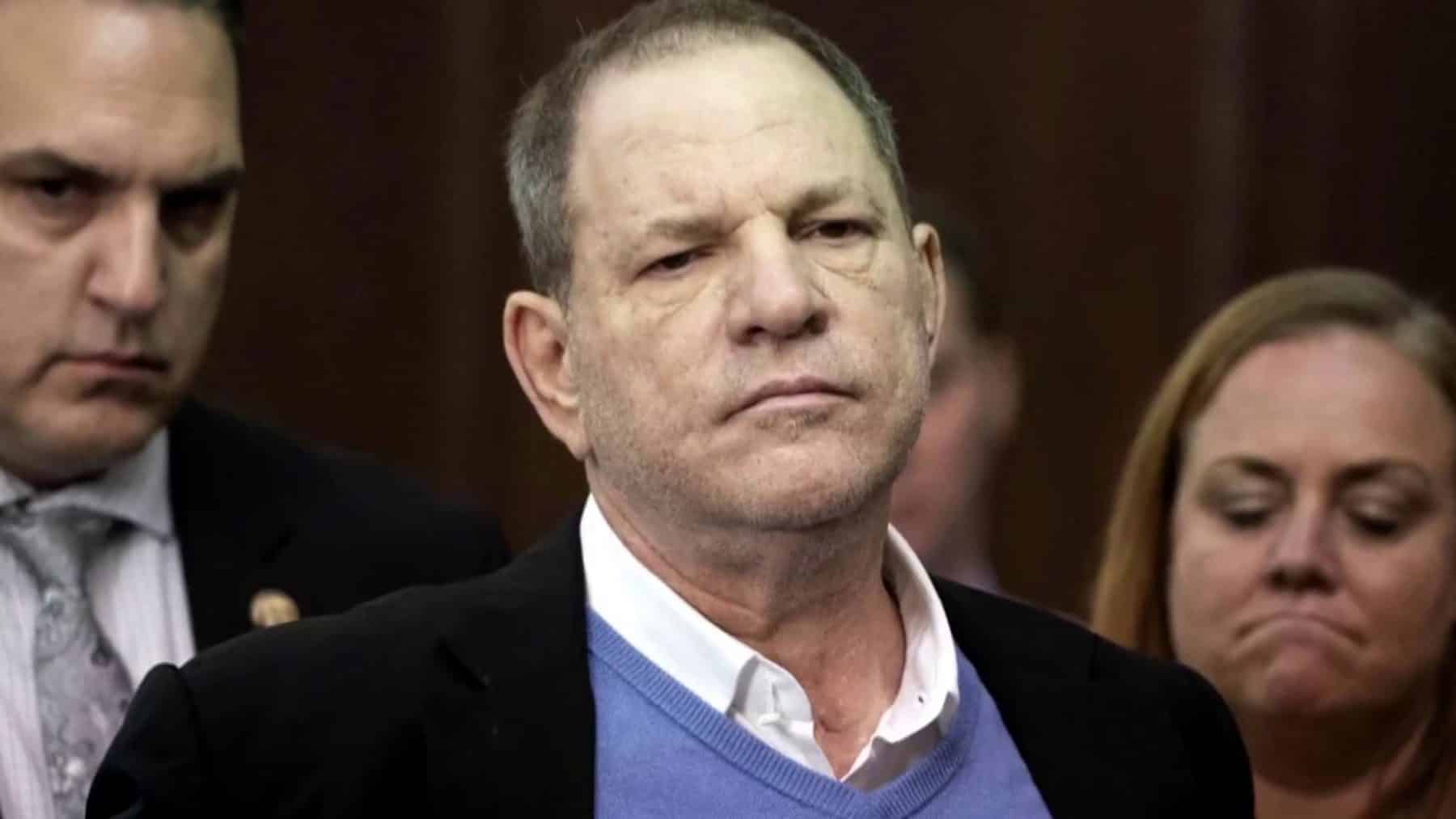
The Harvey Weinstein rape conviction in 2020 has been canceled by the New York Court of Appeals, the AP reported this morning.
The court found in a 4-3 ruling this Thursdaywhich the judge at the Weinstein trial had shown prejudice by allowing women to testify about accusations that were not part of the case. The court has now ordered a new trial.
The 2020 trial marked a historic moment in the #MeToo movement, which began with accusations against him in 2017, with articles published in the New York Times, and later in the New Yorker.
Former Hollywood producer Weinstein is serving a 23-year sentence at the Mohawk Correctional Center, a medium-security prison in Rome, New York. He will remain incarcerated, as he was also convicted of rape in Los Angeles in 2022 and sentenced to an additional 16 years in prison. However, Weinstein was acquitted at the Los Angeles trial of charges involving a woman who testified in her New York case.
Weinstein's spokesman, Juda Engelmayer, said in a statement:
“We are cautiously excited. He still has a long road ahead because of the Los Angeles case. “We are studying the ramifications of the appeal at this time.”
Weinstein's lawyers will hold a press conference today at 1:30 p.m. ET in Manhattan to discuss the decision.
Judge Jenny Rivera wrote of the court's majority ruling:
“We reaffirm that no person accused of illegality may be tried on the basis of evidence of uncharged crimes that only serve to establish the accused's propensity for criminal conduct. It is an abuse of judicial discretion to allow unproven accusations of nothing more than bad behavior that destroys the character of a defendant but does not shed light on his credibility in relation to the criminal charges brought against him..”
In the New York case, Weinstein was found guilty of sexually assaulting Miriam Haley, a former production assistant on Project Runwayin his apartment in 2006. He was also convicted of raping Jessica Mann in a hotel in 2013.
Douglas Wigdor, a lawyer who represented two pretrial witnesses in New York, joined the conversation by saying:
“Today's decision is an important step back in holding accountable those who have committed acts of sexual violence. Courts routinely admit evidence of other uncharged acts that helps jurors understand issues regarding the defendant's modus operandi or plan.. “The jury was instructed on the relevance of this testimony and overturning the verdict is tragic because it will require the victims to endure yet another trial.”
Judge Madeline Singas wrote in the court's dissenting opinion:
“With today's decision, this Court continues to thwart the consistent gains that survivors of sexual violence have fought for in our criminal justice system.. Forgotten are the women who endure the psychological trauma of sexual violence and the scars of testifying again and again. “This erosion of precedent, born of the refusal to accept that crimes of sexual violence are much more nuanced and complex than other crimes, comes at the expense of women’s safety.”
The Manhattan District Attorney's Office said:
“We will do everything in our power to retry this case and remain steadfast in our commitment to survivors of sexual assault.”
BACKGROUND:
The issue of testimony about “prior bad acts” was also raised in the successful appeal of Bill Cosby of his sexual assault conviction in Pennsylvania. In that case, five women were allowed to testify to support the only accusation made. The Pennsylvania Supreme Court overturned that conviction for different reasons, considering that prosecutors had broken their promise not to prosecute Cosby.
Source: https://cine3.com/la-corte-de-ny-anula-condena-por-violacion-de-harvey-weinstein/


